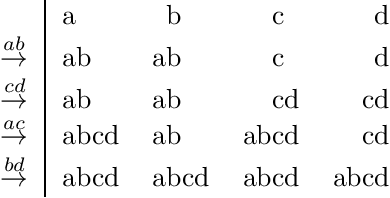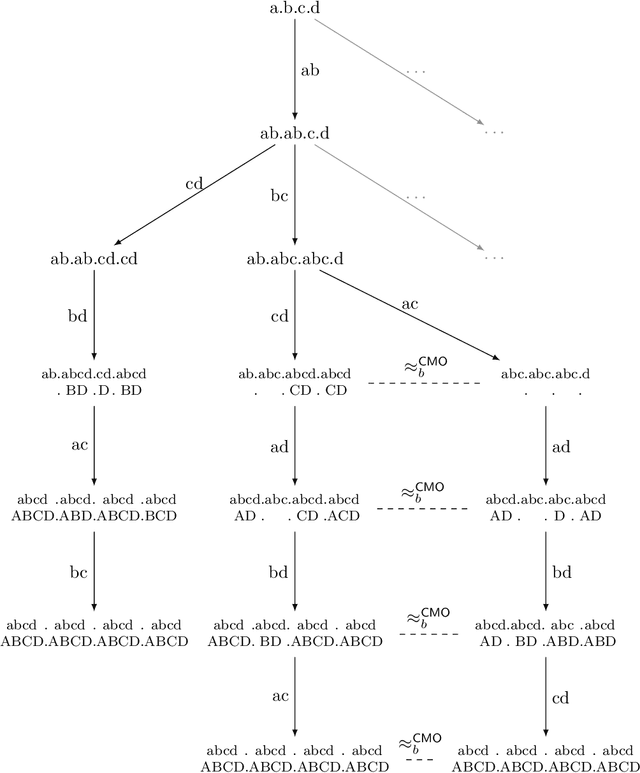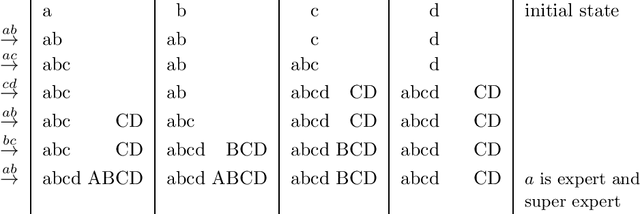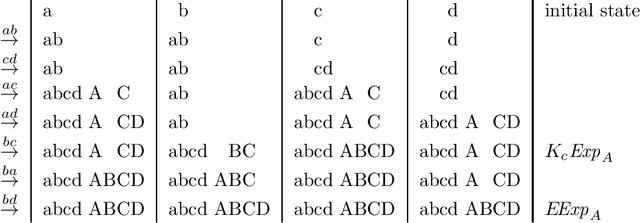Malvin Gattinger
ILLC, University of Amsterdam
Exploiting Asymmetry in Logic Puzzles: Using ZDDs for Symbolic Model Checking Dynamic Epistemic Logic
Jul 11, 2023



Abstract:Binary decision diagrams (BDDs) are widely used to mitigate the state-explosion problem in model checking. A variation of BDDs are Zero-suppressed Decision Diagrams (ZDDs) which omit variables that must be false, instead of omitting variables that do not matter. We use ZDDs to symbolically encode Kripke models used in Dynamic Epistemic Logic, a framework to reason about knowledge and information dynamics in multi-agent systems. We compare the memory usage of different ZDD variants for three well-known examples from the literature: the Muddy Children, the Sum and Product puzzle and the Dining Cryptographers. Our implementation is based on the existing model checker SMCDEL and the CUDD library. Our results show that replacing BDDs with the right variant of ZDDs can significantly reduce memory usage. This suggests that ZDDs are a useful tool for model checking multi-agent systems.
* In Proceedings TARK 2023, arXiv:2307.04005
Everyone Knows that Everyone Knows: Gossip Protocols for Super Experts
Nov 26, 2020



Abstract:A gossip protocol is a procedure for sharing secrets in a network. The basic action in a gossip protocol is a telephone call wherein the calling agents exchange all the secrets they know. An agent who knows all secrets is an expert. The usual termination condition is that all agents are experts. Instead, we explore protocols wherein the termination condition is that all agents know that all agents are experts. We call such agents super experts. Additionally, we model that agents who are super experts do not make and do not answer calls. Such agents are called engaged agents. We also model that such gossip protocols are common knowledge among the agents. We investigate conditions under which protocols terminate, both in the synchronous case, where there is a global clock, and in the asynchronous case, where there is not. We show that a commonly known protocol with engaged agents may terminate faster than the same protocol without engaged agents.
 Add to Chrome
Add to Chrome Add to Firefox
Add to Firefox Add to Edge
Add to Edge